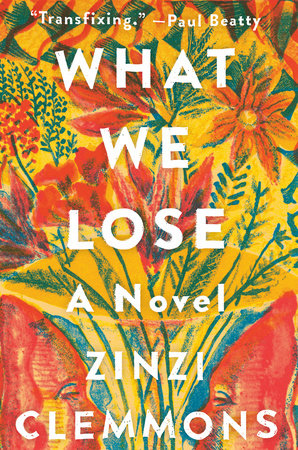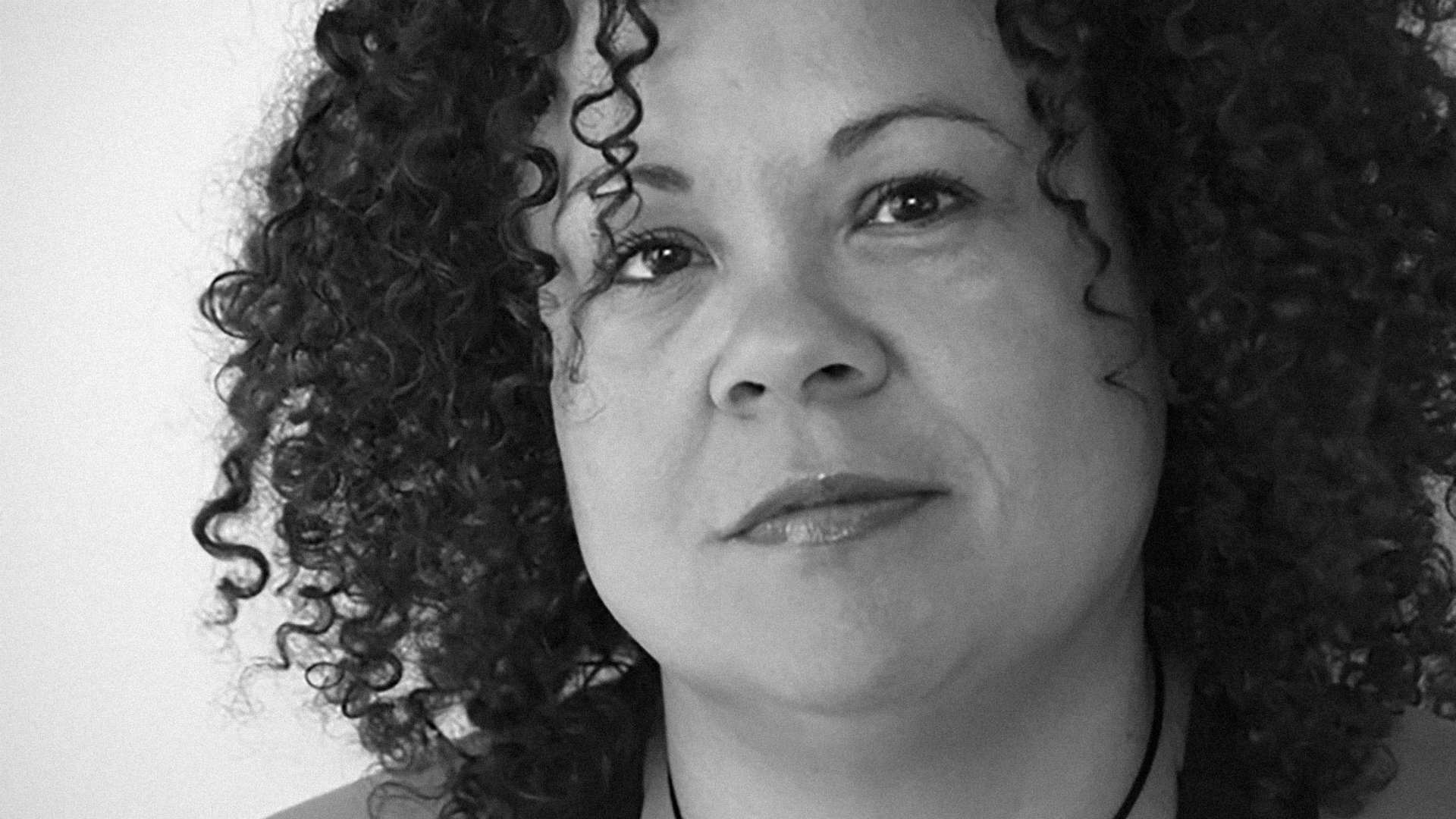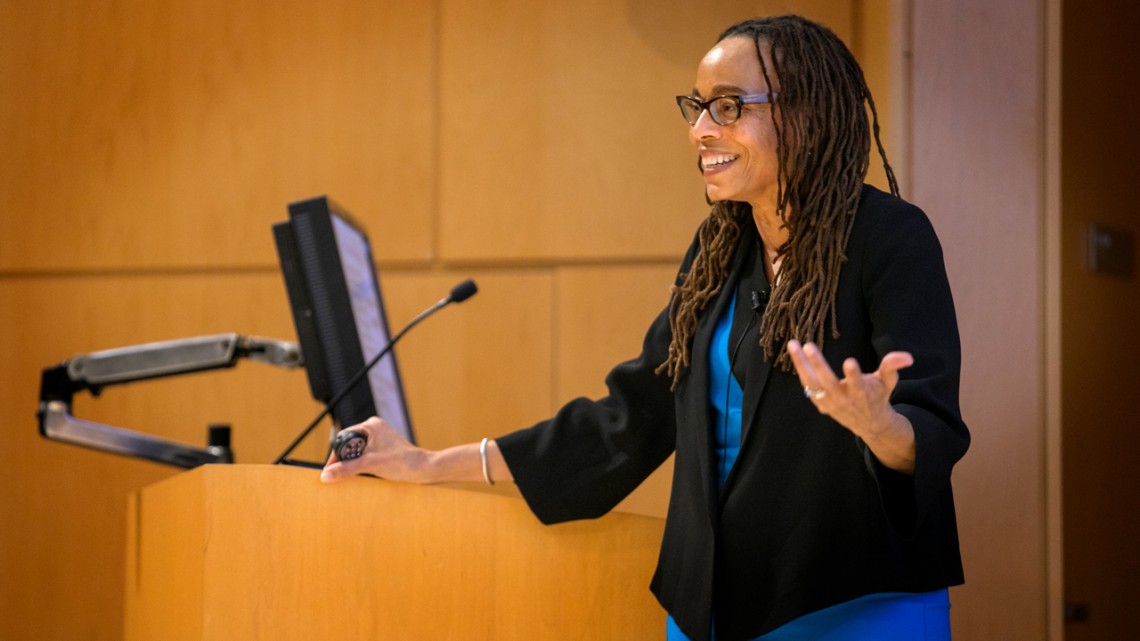Why Do People Pass?: The Complex Journeys of Belonging and Identity in AmericaPosted in Articles, Media Archive, Passing, United States on 2017-11-27 03:13Z by Steven |
Why Do People Pass?: The Complex Journeys of Belonging and Identity in America
Beacon Broadside
2017-11-07
Brando Skyhorse, Associate Professor of English
Indiana University, Bloomington
Lisa Page, Acting Director of Creative Writing
George Washington University, Washington, D.C.
America has a long and complicated history of passing. We’re familiar with the stories of African Americans who passed as white in the past in order to improve their social mobility. Nowadays, we are hearing a variety of personal experiences about passing that transcends additional modes of identity—class, religion, gender, sexuality, and more. Writers Brando Skyhorse and Lisa Page have brought together some of these stories in their new essay anthology We Wear the Mask: 15 True Stories of Passing in America. As they point out in the introduction of the book, excerpted below, there have always been many ways in which people pass, and many reasons to do so.
In June 2015 a surprising number of Americans stopped to gawk at a thirty-seven-year-old “African American” woman named Rachel Dolezal who, after an almost decade-long act, was outed by her parents as a white woman who chose to pass as black. The national response, culminating in a Today Show appearance, was extreme. Some were outraged by her deception, while others drew parallels between her right to live her “truth” the same way Caitlyn Jenner embodies hers.
Rachel—or “#BlackRachel” as she trended online—never once “broke character.”
Later that month, the Daily Beast reported on Andrea Smith, an Anglo woman and esteemed professor of Native American studies at the University of California, Riverside, who presented as Cherokee for over twenty years. She had a long history of American Indian activism and published articles and books purporting to speak on Indian issues as an American Indian despite not a trace of Indian ancestry being found after two rounds of genealogical research.
If you’re looking for historical precedent, how about jazz clarinetist Mezz Mezzrow? A middle-class Jewish kid from Chicago, he married a black woman, moved to Harlem, self-identified in the 1940s as a “white Negro” and was listed by his draft board as “Negro.” His understanding of being a black American was an odd brew of sincere cultural musical appreciation and promoting the oversimplified “shuck and jive” stereotypes. Go back further and you’ll find Clarence King, a nineteenth-century blue-eyed white scientist and best-selling author who thrilled in “slumming.” For thirteen years, King passed as a black Pullman porter, complete with a black common-law wife and five mixed-race children.
American history is filled with innumerable examples like these. Why, then, did “#BlackRachel” fascinate and outrage so many of us? The answer lies in the complex phenomenon of passing…
Read the entire article here.







